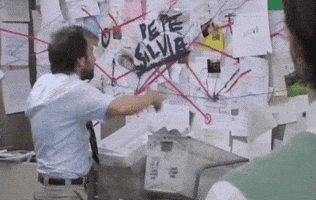It's not written like that Shmeee.
If you want to take it that way I'm seriously not the one with comprehension issues I can wholeheartedly assure you of that. But take it however you wish.
Food for thought though. He's being asked that off the back of a win. So don't you think perhaps that his priority at that point in time isn't going to be who's potentially coming in, but rather about looking to the next game which is only in three days time.
“Certainly! Here’s a grammatical breakdown:
1. Clause Structure:
• The sentence contains a main clause: “I’m hoping we can keep winning games” and a compound conditional clause: “but if we can and if they’re the right players.”
• The word “if” introduces two subordinate conditional clauses:
• “if we can”
• “if they’re the right players.”
2. Ellipsis:
• In the first conditional clause (“if we can”), the predicate “keep winning games” is omitted but implied from the earlier main clause.
• This is an example of ellipsis, where part of the sentence is left out because it is understood from the context. Without ellipsis, the sentence would read:
“I’m hoping we can keep winning games, but if we can keep winning games and if they’re the right players.”
3. Reference and Cohesion:
• The pronoun “we” in “if we can” refers to the same subject as the main clause (“we” in “we can keep winning games”).
• The modal verb “can” expresses ability or possibility, and its meaning is tied to the omitted action “keep winning games.”
In summary, “if we can” is a conditional clause with an implied predicate (“keep winning games”) that relies on ellipsis for conciseness. It derives its meaning from the main clause.”


